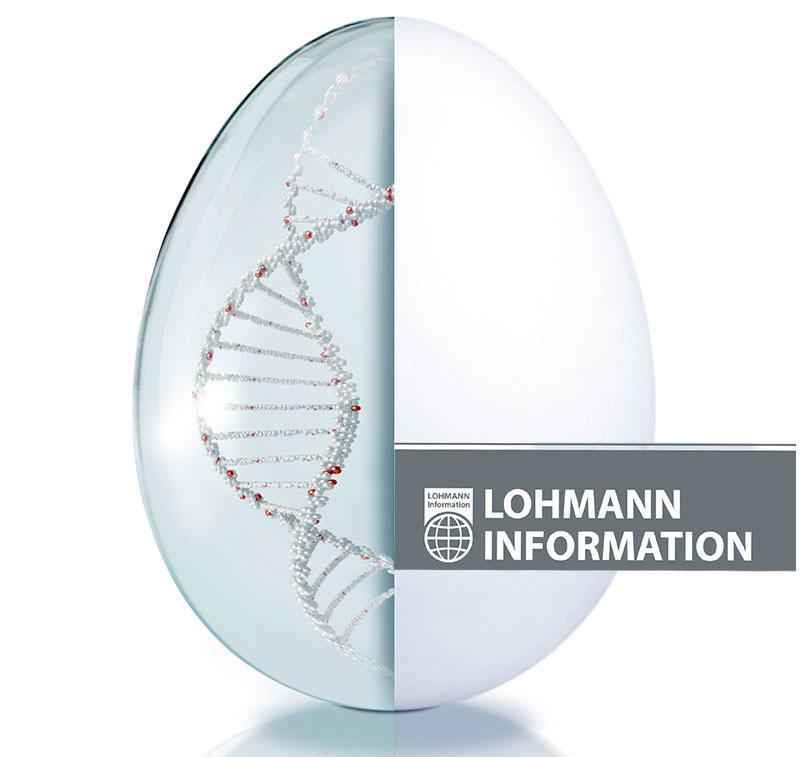This website uses cookies to improve your experience. We'll assume you're ok with this, but you can opt-out if you wish. Read More

Introduction The globalisation of markets is not only a challenge for large enterprises but also concerns more and more medium…

Introduction Introduction SPF-eggs are used for the production and control of vaccines for humans and animals. This presentation describes the…

Since a long time, fertile eggs are being used as the preferred substrate for vaccine production. The total number of…

Heinz Lohmann, the founder of our company, always admired Americans with their scientific approach to business. Between 1956 and 1958…

Introduction Fibre in poultry diets may sound like a rather odd topic. When I talk to egg producers about fibre…

Introduction Since the decision to ban conventional cages in the EU by 2012, individual countries have passed laws for the…

Introduction Animal breeding is a human activity probably as old as humanity itself. Iconographic documents help us get an idea…
And find out about all the latest industry news.